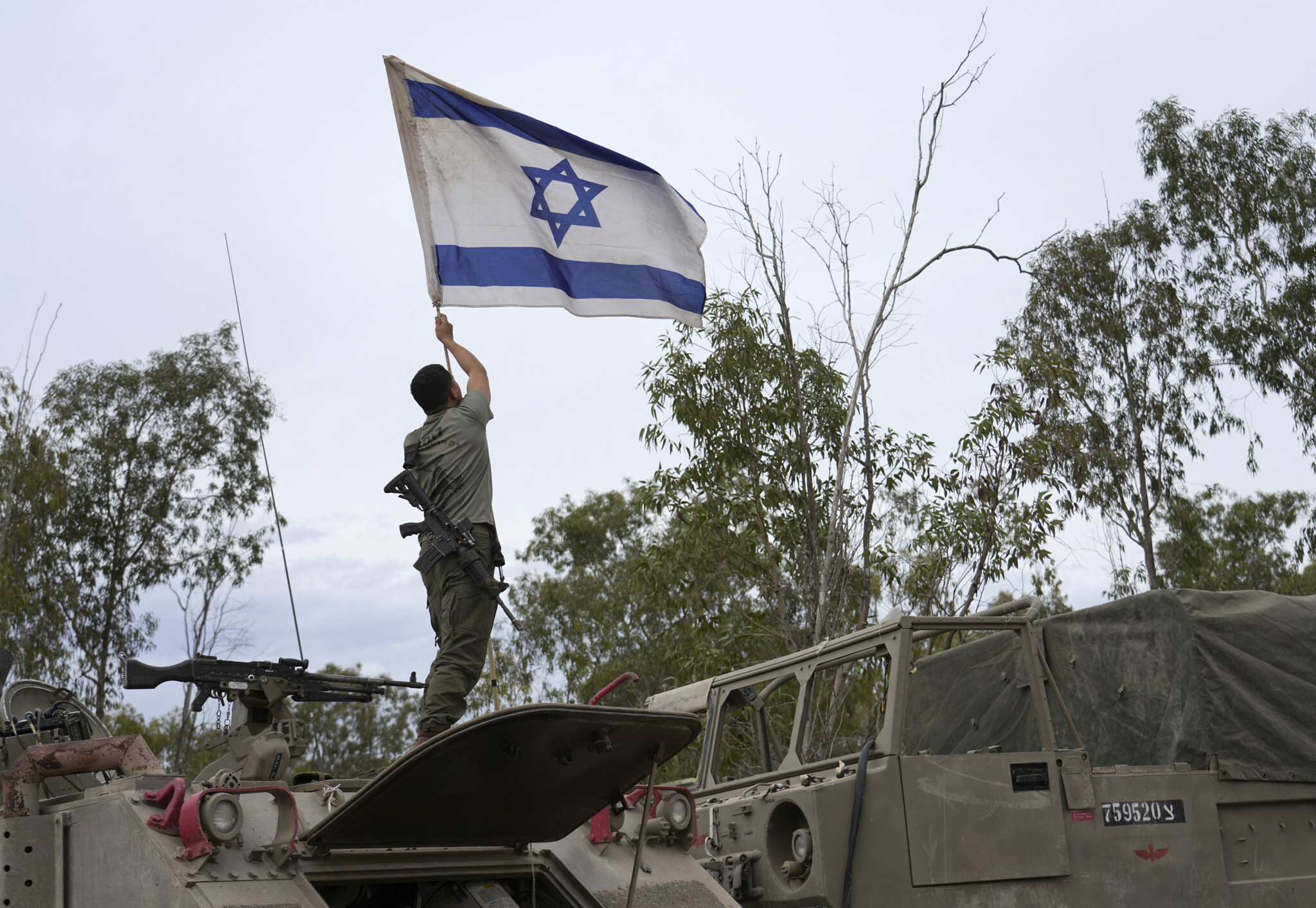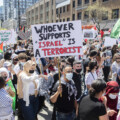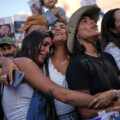As major fighting continues in the Israel-Hamas war, challenges continue to grow for Israel in balancing its military objectives with its international legal obligations, amidst an asymmetrical conflict where its terrorist enemy operates in civilian areas.
John Spencer, chair of urban warfare studies at the Modern War Institute, studies the complexity and human cost of Israel’s military in Gaza, describing a battleground unlike any other in modern warfare history.
Speaking in a recent Hub Dialogues episode with editor-at-large Sean Speer, Spencer explained that the Israel Defense Forces (IDF) are navigating Gaza’s intricate urban landscape, which includes over 400 miles of tunnels, some as deep as 200 feet.
These tunnels, constructed by Hamas over the past 15 to 20 years, serve as military strongholds and shelter Hamas leaders but are forbidden to Palestinian civilians.
“It’s shocking,” Spencer remarked, adding that these tunnels have turned Gaza into a fortress basically designed for urban warfare. He noted that the IDF is seemingly facing an enemy that has weaponized every inch of urban terrain.
Spencer emphasized that the IDF has gone to extreme lengths to mitigate civilian harm, a stance he claims sets a new standard in warfare. The measures include using loudspeakers, making phone calls to civilians in danger zones, and establishing evacuation routes.
But despite these efforts, he noted that the IDF faces accusations of indiscriminate bombing. Spencer attributes this to the influence of social media and “effects-based condemnation,” which, he argued, provides a skewed portrayal of events on the ground.
Spencer said that Hamas is the first terrorist group he has studied that has employed a unique “human sacrifice strategy.” He argued that “Hamas should be understood, at some level, as a conventional military, but also an unconventional terrorist wing.” He drew a stark comparison between Hamas’ tactics and those used in conflicts throughout history, stating that Hamas uniquely aims to increase civilian casualties among its population as a strategic measure.
The Hamas-controlled Gaza health authority claims that more than 44,000 people (including civilians and terrorists) have been killed since the conflict began.
“The [UN] secretary-general condemns the large number of civilian casualties in the intensifying Israeli campaign in northern Gaza, including its schools, displacing sheltered Palestinian civilians,” said UN spokesperson Stephane Dujarric last month. The UN has reported that some 400,000 Palestinians are now without food, water, or medicine.
When asked about the allegations of genocide and war crimes directed at Israel, Spencer cited “zero evidence,” stressing that the state’s actions have aligned with international law.
Spencer also commented on the broader geopolitical impact of Israel’s current operations, particularly in the Middle East. He suggested that Israel’s defensive stance is reshaping alliances in the region, noting growing support from countries like Egypt, Jordan, and Saudi Arabia. The military actions, he said, are driven by an existential need for security.
Reflecting on the protracted nature of the Israel-Hamas conflict, now in its second year, Spencer highlighted the challenge of achieving long-term stability. Removing Hamas from power, he said, is essential for peace to be achieved.
ChatGPT assisted in the creation of this article.









